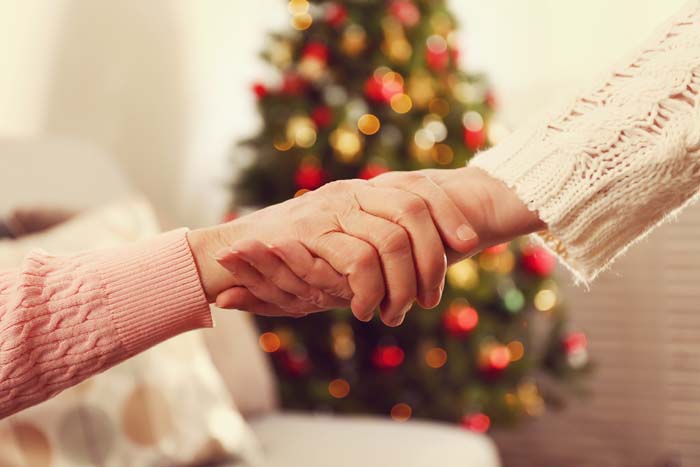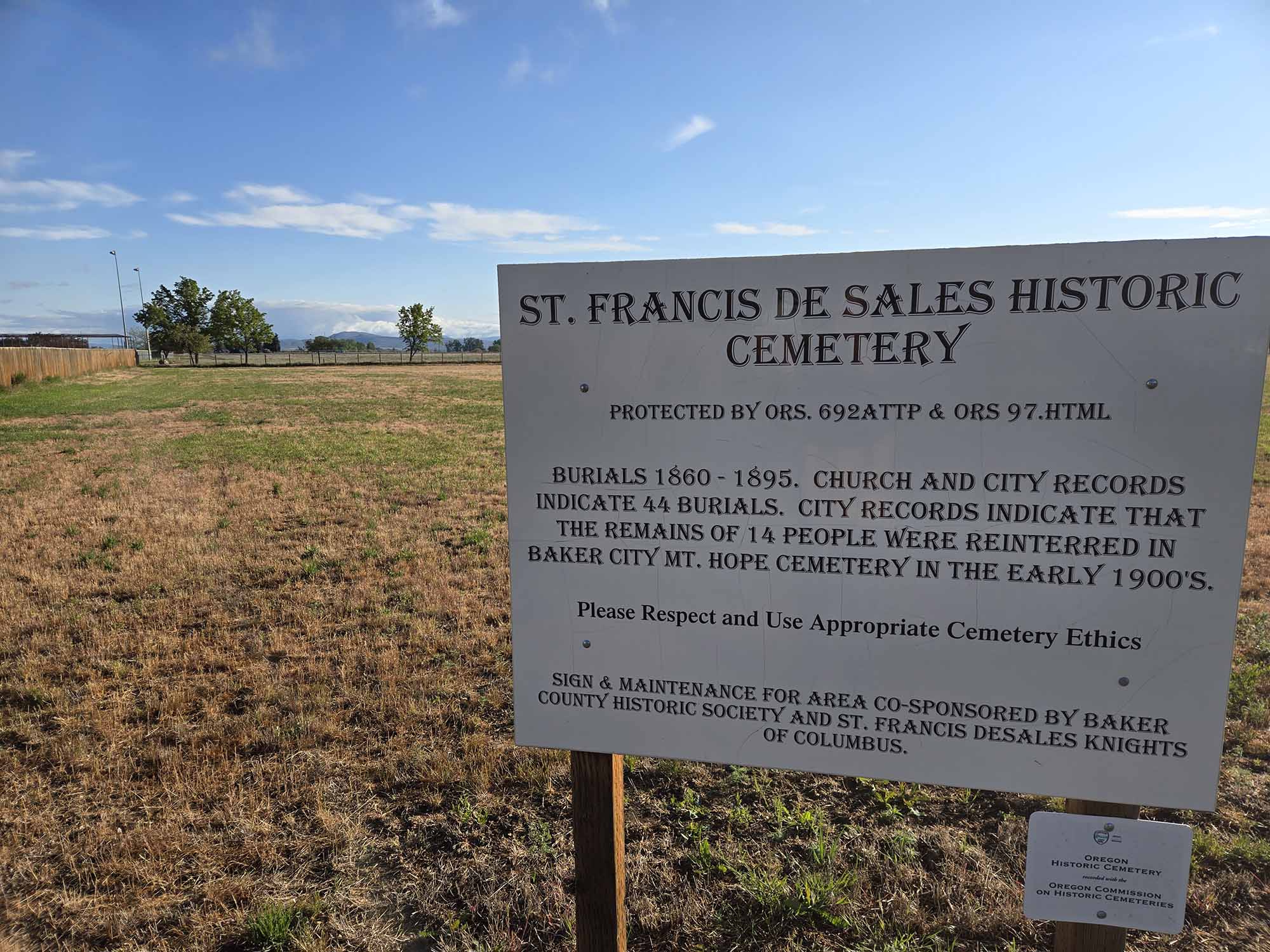Avoiding holiday gatherings could lead to blue Christmas
Published 1:45 am Friday, December 18, 2020

- Old age woman at home on Charistmas eve.
Festive fun and social gatherings are hallmarks of the holiday season. Whether celebrating with family, friends or co-workers, as Christmas draws nearer, people typically congregate at family dinners, shopping excursions or office parties.
Trending
In 2020, however, with the global pandemic, little is typical — except increases in COVID-19 cases after holidays. With Christmas and New Year’s Eve just around the corner, the Oregon Health Authority continues to urge people to avoid high risk activities.
Prior to Labor Day, Gov. Kate Brown held a press conference urging Oregonians to take an active role in reducing the spread of the novel coronavirus during the holiday weekend.
“It happened after Mother’s Day weekend. It happened after Memorial Day, and after July 4th when we saw an uptick in COVID-19 cases,” Brown said during her Sept. 4 remarks.
Trending
The highest case surge came after Halloween, triggering another plea for caution during the Thanksgiving holiday.
While limiting contact with others during Christmas and New Year’s may reduce case counts, it could take a toll on people with mental health conditions. Sarah Vincent, a certified recovery mentor, qualified mental health associate, certified alcohol and drug counselor and founder of Soul Purpose, which serves at-risk youth and their families in Central Oregon; and Shawn Carvalho, who holds a master’s degree and is a qualified mental health professional and an Early Assessment & Support Alliance provider with Lifeways, Inc. in Umatilla County; shared their thoughts regarding the impact of social isolation during the holidays.
Wrap up holidays with connections
Both mental health professionals agree that segregation has far-reaching implications. People, Vincent and Carvalho said, are innately social beings and are designed to connect with others.
Vincent said touch, nonverbal communication and facial expressions all contribute to a sense of well-being. Not being able to interact with others, she said, can create anxiety, fear, anger, rage and depression. Also, Vincent said the global pandemic has resulted in an increase of alcohol and drug use.
Carvalho pointed out that youths are especially susceptible to developing or exacerbating symptoms of depression or anxiety. Many young people, she said, are already experiencing social isolation with the lack of connection with peers at school, in the community and through recreational activities.
“Part of the allure and joy of spending time with friends and family during the holidays is connection,” Carvalho said. “People mostly crave connectedness with others, which can decrease isolation and sadness.”
Put a bow on self-care
Vincent and Carvalho said self-care is especially critical at this time to help ensure mental wellness. Both professionals encourage using technology to connect with others — from texting and phone calls to video chats and Zoom. For those with co-occurring disorders, logging into virtual support meetings can provide a much-needed lifeline during times of uncertainty. Also, for people of faith, it’s essential to continue with spiritually-based practices, whether that includes prayer, Bible studies or religious services.
In addition, Carvalho stresses the value of maintaining routines. Haphazard attention to a schedule can increase a person’s risk for decompensation, she said. An increase in symptoms can result when such daily needs as eating, sleeping and bathing are disrupted.
Vincent highlights the importance of taking vitamins, eating well-balanced meals and getting quality sleep. Also, she urges people to turn off the news and get off the couch.
“Exercising is also a huge component as it releases endorphins, as well as creating a sense of well-being and will lead to better sleep,” she said.
They also recommend engaging in such activities as meditation, lighting candles, listening to music, taking a hot bath, baking or being creative by drawing, painting or making craft projects. In addition, helping others can assist by diverting their attention to someone else and providing a sense of purpose — whether it’s going grocery shopping for an elderly neighbor, volunteering for a service project or sending a holiday card to an assisted living facility resident. Also, spending time with pets or fostering or adopting a dog or cat can provide therapeutic benefits.
‘Tis the season to be creative
Some friends and loved ones who experience anxiety in group situations might welcome the recommended restrictions on gatherings because of the novel coronavirus. While this may give them a valid reason to avoid group activities, Vincent said it’s important to recognize possible symptoms of fear and isolation.
Vincent and Carvalho encourage people to get creative in providing opportunities for engagement — whether through platforms like Zoom and FaceTime video calls or face-to-face activities with just a couple of people.
While connecting with each other virtually, people can do everything from merely visiting, singing or sharing photos to eating, playing games and making craft projects.
Carvalho also suggests driveway or window visits as creative ways to visit while minimizing the risk. And she reminds people of the importance of wearing face coverings, maintaining physical distancing and washing your hands.
The gift of empathy
Loved ones with anxiety, Carvalho said, could potentially become overwhelmed in a large group of people. She suggests having open conversations to find helpful solutions and plan around potential triggering situations and events.
With public places more crowded during the holiday season, Vincent said offering to run errands or deliver items can reduce their fear or anxiety associated with going out. The key, Carvalho said, is to pay attention to early warning signs, listen and offer support.
Carvalho reiterated the importance of being empathic with those who have mental health concerns, especially given the uncertainties surrounding the novel coronavirus. She encourages providing positive affirmations and validation to each other.
Vincent agreed, saying, “Empathy is critical in dealing with people. Let them know they are valid in their feelings and fears.”









